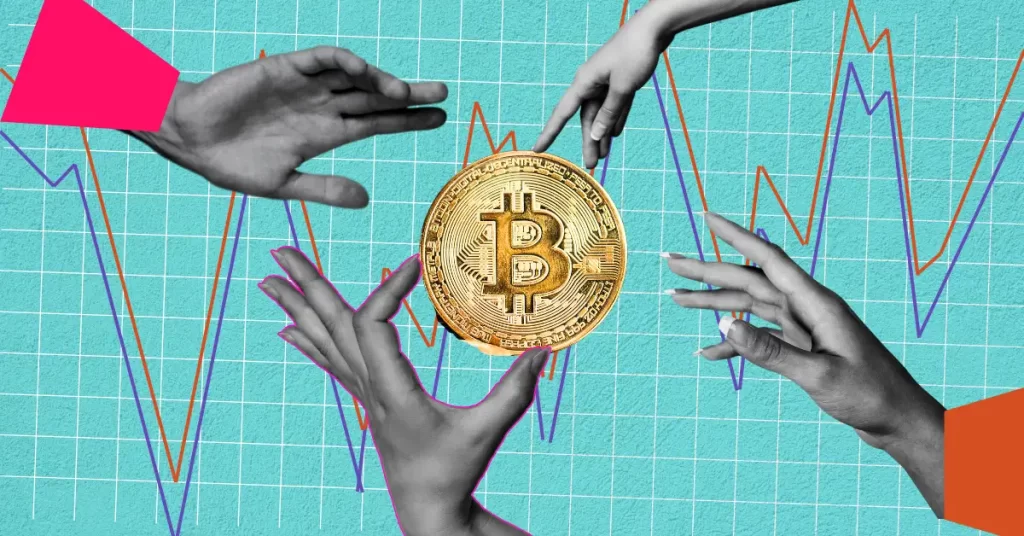Despite a rally in European equity indices, Bitcoin is struggling to maintain its position above the $61,000 mark. This challenge coincides with the Bank of England’s decision to keep interest rates steady while hinting at a potential rate cut during the summer. According to the report, the European markets, both the FTSE 100 and the Stoxx 600 index saw gains, with the FTSE 100 hitting a new all-time high.
Rate Cut Looming on the Horizon?
On Thursday, the BoE expressed confidence that the UK economy had recovered in the first quarter, ending a brief recession.
Interestingly, the timing of the Bank of England’s potential rate cut at 5.25% for the sixth consecutive time has become politically significant ahead of the upcoming general election. Prime Minister Rishi Sunak aims to reassure voters about the UK’s economic stability amidst a cost of living crisis.
European central banks are also considering reducing interest rates, anticipating lower inflation compared to the US. BoE Governor Bailey clarified that the Fed’s actions won’t necessarily dictate their decisions. However, the BoE is cautious about acting too quickly after successfully lowering inflation from double digits to 3.2%.
Although some analysts anticipate a rate cut, they caution that the current macroeconomic environment of higher-for-longer interest rates may persist for years to come, influenced by factors such as post-2008 financial crisis trends. Despite these developments, Bitcoin experienced a slight decline of over 1% in the last 24 hours, trading at $61,411.
Pound falls as UK stocks soar to all-time highs
The pound lost value against both the dollar and the euro after Thursday’s decision. This was good for exporters and international companies on London’s FTSE 100 index, which hit a new high. At the same time, Frankfurt’s market reached a new high point, thanks to hopes that the ECB and the Fed would soon lower interest rates. Even though the market was positive, a well-known international group recently predicted that the UK would only grow by 0.4% this year because of high interest rates and ongoing inflation.


